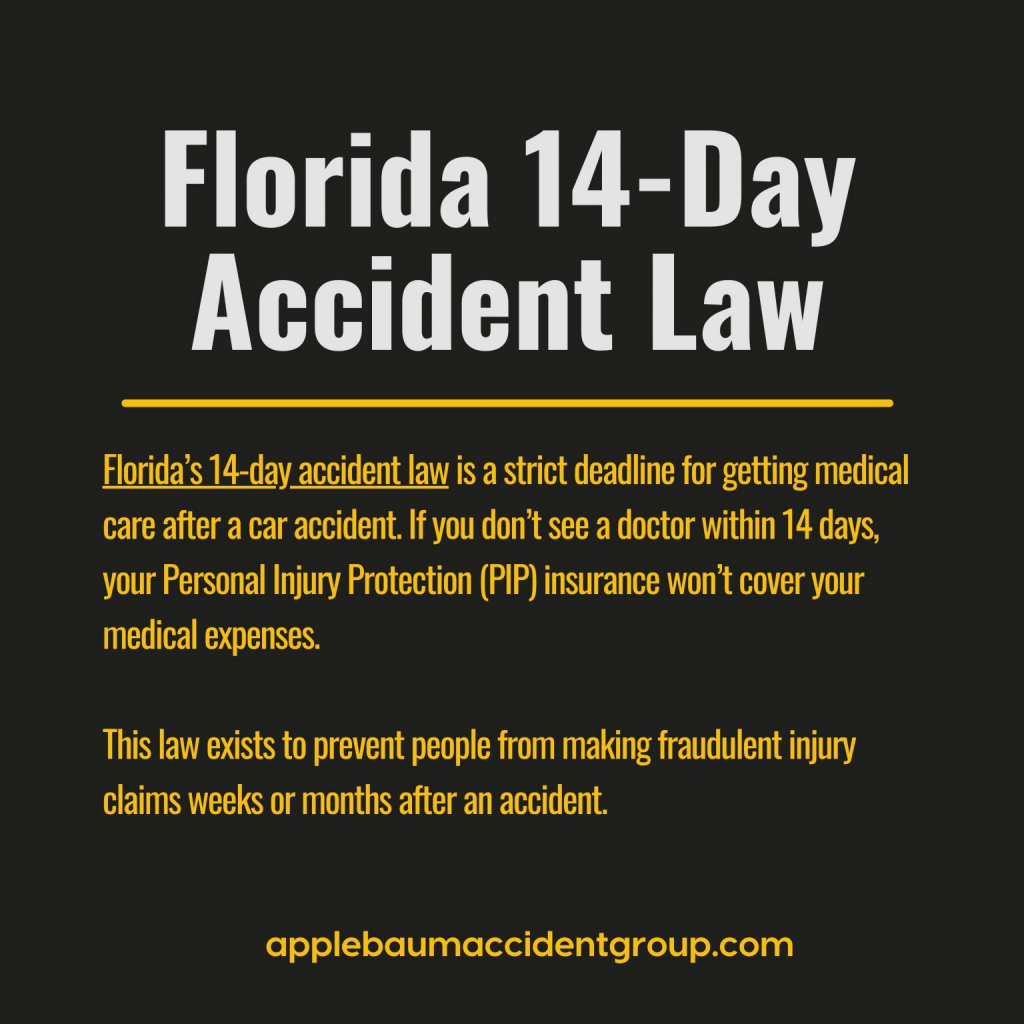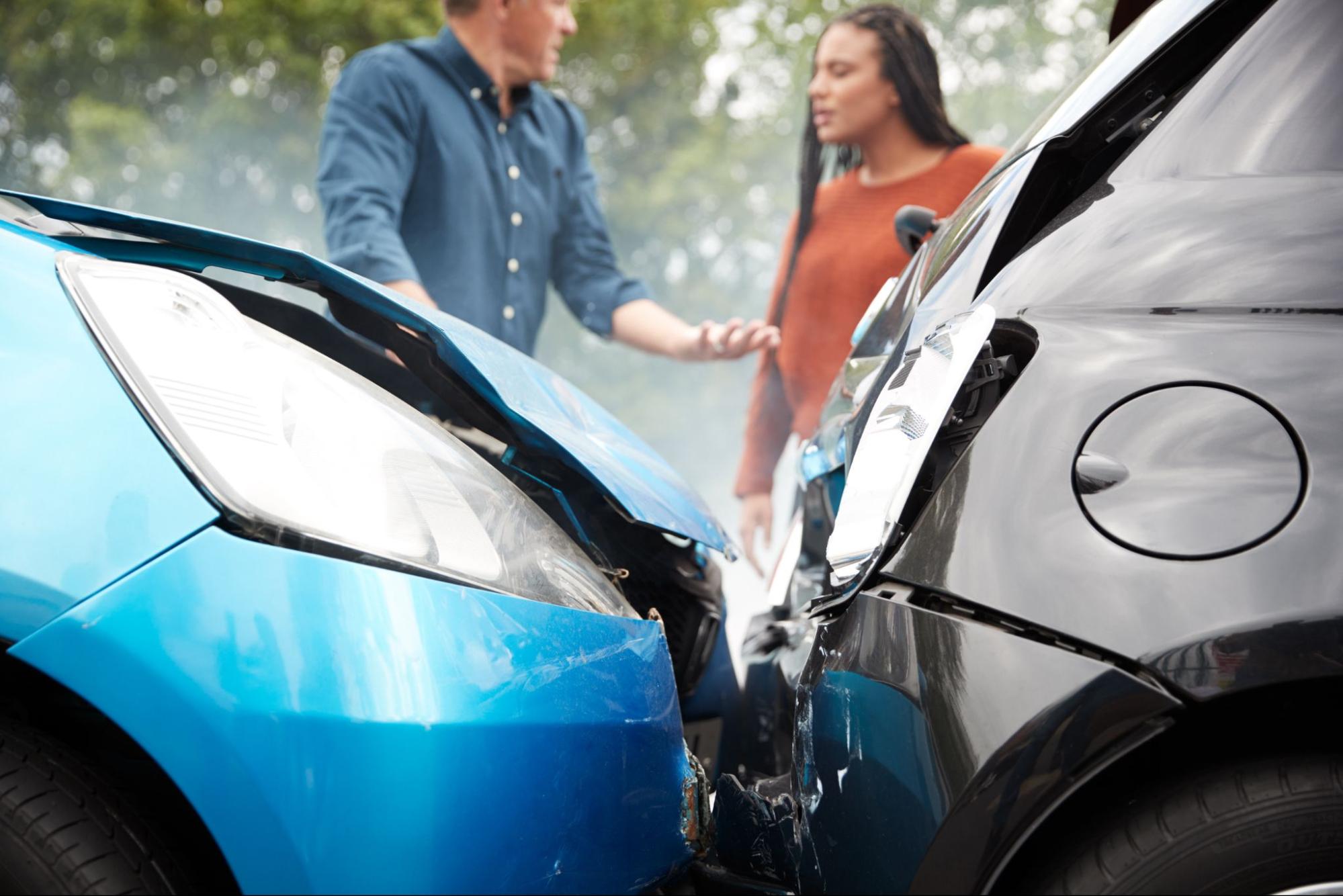If you’re involved in a car accident on private property in Florida, your first moves matter. Call 911, notify the property owner, document everything with photos and witness info, avoid admitting fault, and report the accident to your insurance company. Florida’s no-fault insurance laws apply, but due to limited police jurisdiction, your ability to collect proper evidence can directly affect your compensation.
A car crash in a parking lot, gated community, or private driveway might seem less serious than one on a public road. But in reality, it introduces layers of complexity that many drivers aren’t prepared for. Police officers may decline to take full reports. Property owners might refuse to cooperate. And because these areas fall outside standard jurisdiction, disputes over liability can quickly spiral.
This article walks you through every stage of handling a car accident on private property in Florida, from the immediate scene to dealing with insurers, medical care, and legal options. You’ll also find clear answers to pressing questions like:
- Who pays for damages?
- What’s the impact of Florida’s updated car accident laws?
- How does the 14-day rule affect your ability to recover compensation?
- What happens when the police don’t respond, or the property owner refuses to file a report?
Ready for the first step? Let’s get into what to do the moment a crash happens.
Step 1: Stop and Stay Safe
Whether it’s a low-speed bump in a parking garage or a jarring crash at a gated entrance, your first priority is safety. Turn on your hazard lights and check for injuries, yours and anyone else’s. If anyone is seriously hurt, call emergency medical services immediately.
Do not drive off, even if the damage looks minor. Leaving the scene of a private property crash without properly documenting it can compromise your claim, your credibility, and in some cases, your legal rights. This is especially true if there’s a dispute later over who was at fault or if someone claims injury after the fact.
Staying at the scene also increases your chances of preserving key evidence. In commercial lots, for example, surveillance footage is often overwritten within 48–72 hours. If you don’t stay to identify where the cameras are or to request a report, that evidence may disappear before anyone investigates. The longer you wait, the fewer facts are on your side.
Step 2: Call 911, Even If Police Don’t Respond
Yes, you should still call the police, even on private property. Officers may decline to file an official police report if the crash occurred outside public jurisdiction, but you should still request an incident report or a call-for-service number. These documents, while not as detailed, still help demonstrate that you acted in good faith and followed legal procedures.
Some Florida jurisdictions have policies where officers will only provide a reference number or dispatch confirmation. That’s fine. Save it, and make sure it’s noted in any communication with your insurance company. It’s better than having nothing at all.
Also, if you’re in a gated neighborhood, private parking structure, or university-owned lot, don’t assume police coverage applies the same way it does on public streets. Local law enforcement may defer to campus or private security, knowing who to call (and insisting on a report) puts you in a stronger position later.
Step 3: Notify Property Owner or On-Site Security
Next, find someone responsible for the property where the accident happened: a store manager, building supervisor, HOA rep, or private security officer. Let them know what occurred, and request a written incident report.
This document is critical, especially if police won’t file a formal report.
Property owners or managers are often reluctant to get involved, but that doesn’t excuse inaction. Their premises may have contributed to the accident, especially if poor signage, inadequate lighting, or damaged pavement played a role. These conditions open the door to shared liability, which could strengthen your case if the driver who hit you is disputing fault.
Unfortunately, some property managers may try to sidestep involvement to avoid liability. Persistence matters.
You have a right to document unsafe conditions and request written acknowledgment that an incident occurred. If a property owner refuses to cooperate, make a note of it, your attorney may be able to pursue their liability later.
Step 4: Document Everything
When an accident happens on private property, strong evidence can mean the difference between a smooth claim and a drawn-out dispute. Start by taking photos and videos of everything:
- The damage to all vehicles involved
- The full layout of the scene, angles, surroundings, signs (or lack thereof)
- Any environmental factors like potholes, unclear lane markings, broken lights, or missing signage
Be thorough. Don’t assume something is irrelevant. Even tire marks or broken curbs can support a claim about vehicle trajectory or visibility issues.
Also collect names, phone numbers, and short statements from any witnesses. It’s not enough to assume the truth will sort itself out, especially if the other party later changes their version of events or denies being involved at all. This happens more often than you think.
One of the biggest regrets we hear from accident victims is that they didn’t gather enough evidence at the scene. They assumed it was just a fender-bender or that the other driver was being honest. By the time the story changed or the footage was gone, they were left without leverage. Don’t make that mistake.
Step 5: Exchange Info, but Don’t Admit Fault
After making sure everyone is safe and gathering documentation, exchange the required details:
- Full name
- Insurance provider and policy number
- Vehicle license plate
- Contact phone and address
Stay calm and professional, but resist the urge to say anything like “sorry” or “it was my fault.” These phrases might feel polite, but they can be twisted into admissions of liability by insurance companies.
There have been plenty of cases where a driver tried to backpedal after the scene, saying they weren’t there, claiming someone else was driving, or denying any damage occurred. If you have clear photos of them, their vehicle, and their ID at the scene, you protect yourself against those reversals. That’s why visual documentation paired with this info exchange is non-negotiable.
Step 6: File a Claim Promptly
Once you’ve left the scene and preserved your evidence, don’t wait to report the accident. Timing matters.
In Florida, personal injury protection (PIP) coverage pays for your own medical bills regardless of fault, this is part of the state’s no-fault insurance system.
But for property damage, things are different. Depending on who was at fault, their insurer or your property damage liability (PDL) coverage may end up paying for repairs.
If poor property conditions contributed, say a stop sign was missing or a parking lot had no lane markings, the property owner could share in the liability.
That’s why it’s so critical to gather evidence of the site itself and request incident documentation from the property owner or manager.
Even if the police didn’t file a full report, having any official record (a call log, incident report, or written acknowledgment) helps demonstrate you acted responsibly and truthfully. This can be vital when dealing with hesitant adjusters or in scenarios where blame is being hotly contested.
And remember: delaying a claim gives the insurance company more room to question your account or deny coverage outright.
Step 7: See a Doctor Within 14 Days

Florida law is very clear on this: if you don’t seek medical attention within 14 days of your car accident, you risk losing access to personal injury protection (PIP) benefits, even if the accident wasn’t your fault.
This is known as the Florida 14-day accident law, and it applies equally to crashes on public roads and private property, including parking lots, gated communities, and driveways. It doesn’t matter if your injuries seem minor at first. Soft tissue injuries like whiplash often worsen over time, and insurance companies will look for any reason to say your pain and suffering came from something else.
If you delay seeing a doctor, especially without documentation from the day of the crash, insurers may deny your claim outright. And while Emergency Medical Condition (EMC) evaluations can still happen later, your window to preserve your PIP coverage begins to close the moment you drive away from the scene.
Don’t let a bruised ego or minor soreness become an excuse to skip care. Prompt treatment not only protects your health, it preserves your legal and financial options.
Step 8: Consult a Florida Accident Attorney
Private property accidents carry an extra layer of difficulty: fewer witnesses, informal or absent police reports, and property owners who may be more concerned with liability than with helping you. That’s why involving a Florida car accident attorney early can make a significant difference.
Many people wonder, “Do I really need a lawyer for a minor crash?” The answer depends on the stakes. If you’ve sustained any injury, are facing a contested claim, or suspect the property played a role in the crash, then yes, absolutely.
Florida-Specific Laws That Affect You
As of 2023, Florida introduced several legal changes that directly affect how car accident claims are handled:
- The statute of limitations was cut in half, from 4 years to just 2. If you don’t act within that window, your right to sue is gone.
- Florida also adopted a modified comparative fault rule. If you’re found more than 50% at fault, you cannot recover compensation at all.
These rules don’t stop at the curb, they apply whether your crash happened on I-95 or in a grocery store parking lot. This makes timely documentation and legal follow-through more critical than ever.
Final Tips to Protect Yourself
- Create and store digital backups of every photo, form, and email tied to the accident.
- Follow up with any property managers or security offices that promised documentation.
- Track all medical care in detail, including visit dates and treatment summaries.
- Don’t assume the insurance process will be fair, especially on private property. Insurers scrutinize these cases more aggressively.
If anything feels off or you’re facing resistance, act quickly. Private property accidents often spiral because victims waited, hoping things would sort themselves out.
Don’t Let a Private Property Accident Derail Your Life
If you’ve been in a car accident on private property in Florida, you’re probably realizing that things aren’t as straightforward as they should be. The police may not file a report. The property owner may refuse to cooperate. And the insurance company? They’re more interested in protecting their own payout than your recovery.
This isn’t just frustrating, it’s risky. Without immediate action, you could lose access to the compensation you’re entitled to for medical bills, property damage, lost wages, and pain and suffering.
That’s exactly where Applebaum Accident Group comes in.
What We Do That Solves Your Problem
- We connect you with attorneys who specialize in private property cases, professionals who know how to handle disputes involving gated communities, parking lots, uncooperative property managers, and silent insurance companies.
- We streamline access to both legal and medical help, fast. If you haven’t seen a doctor yet, we’ll help you schedule a compliant evaluation within the 14-day window required.
- We only work with attorneys who fight, not firms that push fast, lowball settlements just to close your case. You’ll be working with someone who treats your injury seriously and sees your claim through.
Imagine knowing your next step isn’t a guess. Imagine hearing back from a lawyer who actually reads your case file, explains your legal options, and acts fast. Imagine walking into your PIP evaluation confident that the timeline is on your side, not against you.
That’s what working with Applebaum Accident Group looks like. We’re not a law firm, we’re your connector, your advocate, and your first call when the system isn’t built to help you.
📞 855-225-5728 | Contact Applebaum Accident Group and Request Your Free Consultation Now.





